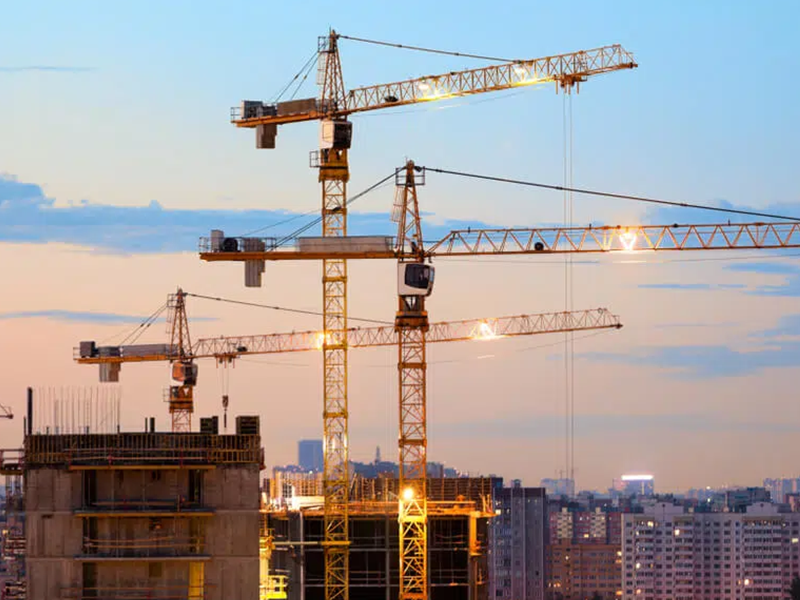
Pros and Cons of Tower Crane Rental Service
Tower crane rental services offer construction companies flexibility, cost-effectiveness, and access to specialized equipment without the long-term commitment of ownership. However, like any business arrangement, there are both advantages and disadvantages associated with relying on tower crane rental services.
Advantages of Tower Crane Rental Services:
-
Cost-Effective:
- Initial Investment: Renting eliminates the need for a significant upfront investment required for purchasing a tower crane, making it a more financially feasible option for smaller construction firms or projects.
-
Flexibility:
- Project-Specific Needs: Rental services provide the flexibility to choose a tower crane that suits the specific needs and scale of a particular project. Different projects may require varying load capacities and reach heights, and renting allows for customization.
-
Maintenance and Repairs:
- Responsibility of Rental Company: The responsibility for maintenance and repairs often falls on the rental company, relieving the construction firm from the burden of ongoing upkeep costs and ensuring that the crane is in optimal condition.
-
Latest Technology:
- Access to Advanced Models: Renting allows construction companies to access the latest and most technologically advanced tower crane models without the need for frequent upgrades or large capital investments.
-
No Long-Term Commitment:
- Project-Based Usage: Tower crane rental is particularly beneficial for projects with a defined timeline. Once the project is completed, the construction company can return the crane without the ongoing costs associated with ownership.
Disadvantages of Tower Crane Rental Services:
-
Operating Costs:
- Rental Fees: While renting may be cost-effective in the short term, long-term rentals can accumulate substantial fees. It's essential to carefully evaluate the overall costs compared to potential savings in ownership.
-
Limited Control:
- Usage Restrictions: Renting may come with certain restrictions on crane usage, including load capacities, operating hours, and specific conditions. Construction companies must adhere to these terms, limiting some aspects of project control.
-
Availability Concerns:
- Limited Availability: Depending on demand, there might be limitations on the availability of specific crane models. Construction companies may face challenges securing the desired equipment during peak construction seasons.
-
Dependency on Rental Company:
- Reliability: The reliability of the tower crane depends on the policies and practices of the rental company. Issues such as delayed maintenance or repairs can impact project timelines and efficiency.
-
Cumulative Costs:
- Long-Term Expenses: While avoiding upfront costs, a project with an extended timeline may incur higher cumulative expenses in rental fees compared to the cost of purchasing a tower crane outright.
The decision to opt for tower crane rental services depends on the specific needs, budget constraints, and duration of a construction project. It's crucial for construction companies to conduct a thorough cost-benefit analysis, considering both short-term savings and long-term implications. Careful evaluation of rental agreements, understanding usage restrictions, and assessing the reliability of the rental company are essential steps to ensure a successful and cost-effective tower crane rental experience.
Please contact us for further tower crane rental service and quotation.
